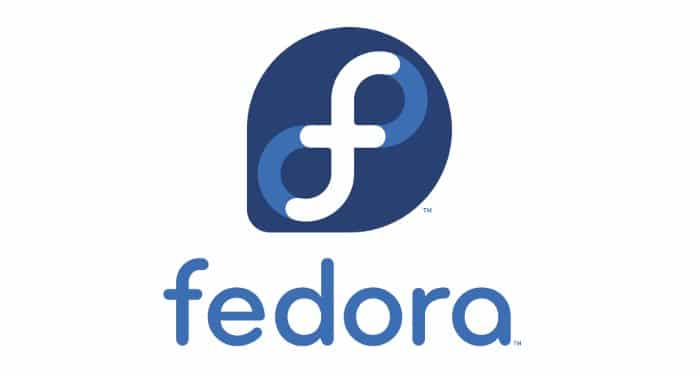
Red Hat’s community-driven open source operating system gets updated to Fedora 24. The new version brings an all new Linux experience across the three distinct editions — Fedora 24 Cloud, Fedora 24 Server and Fedora 24 Workstation.
As debuted on its beta version last month, Fedora 24 comes preloaded with Glibc 2.23 (the latest GNU C Library model) to deliver better performance over its predecessor. The developer community can also utilise some improvements to POSIX compliance and GNU Complier Collection (GCC) 6. Moreover, Linux 4.5.7 kernel is there to offer overall stability on each of the different Fedora editions.
“Fedora 24 continues Fedora’s drive to provide the latest, powerful open source tools and components to a variety of end users, from developers to systems administrators,” Fedora Project leader Matthew Miller said.
Fedora 24 Cloud
Fedora 24 Cloud comes with OpenShift Origin. The Kubernetes-based distribution enables smoother experience for building and launching containerised applications. There is also Fedora Atomic Host to let developers run Docker applications and start their developments directly from Cockpit.
The Fedora Project has given a specific ‘developer mode’ on its cloud product that eases the development process. Additionally, there are some package enhancements and bug fixes to boost the cloud access.
Fedora 24 Server
Red Hat has designed a refined Domain Controller role for Fedora 24 Server using FreeIPA 4.3. Also, some unneeded packages have been removed to reduce the total size of Fedora Server.
Fedora 24 Workstation
Fedora 24 Workstation has got GNOME 3.20 desktop environment to offer a significant upgrade over the last year’s Fedora version. The platform also comes with a technology preview Wayland that provides a next-generation display server protocol and graphical future to the desktop version.
Red Hat’s Fedora Project already has over a million users on its open source operating system. This user base would reach to some new heights with the release of Fedora 24. It also sets the ground for a new version of Red Hat Enterprise Linux (RHEL) and certainly takes Linux to new levels.








































































